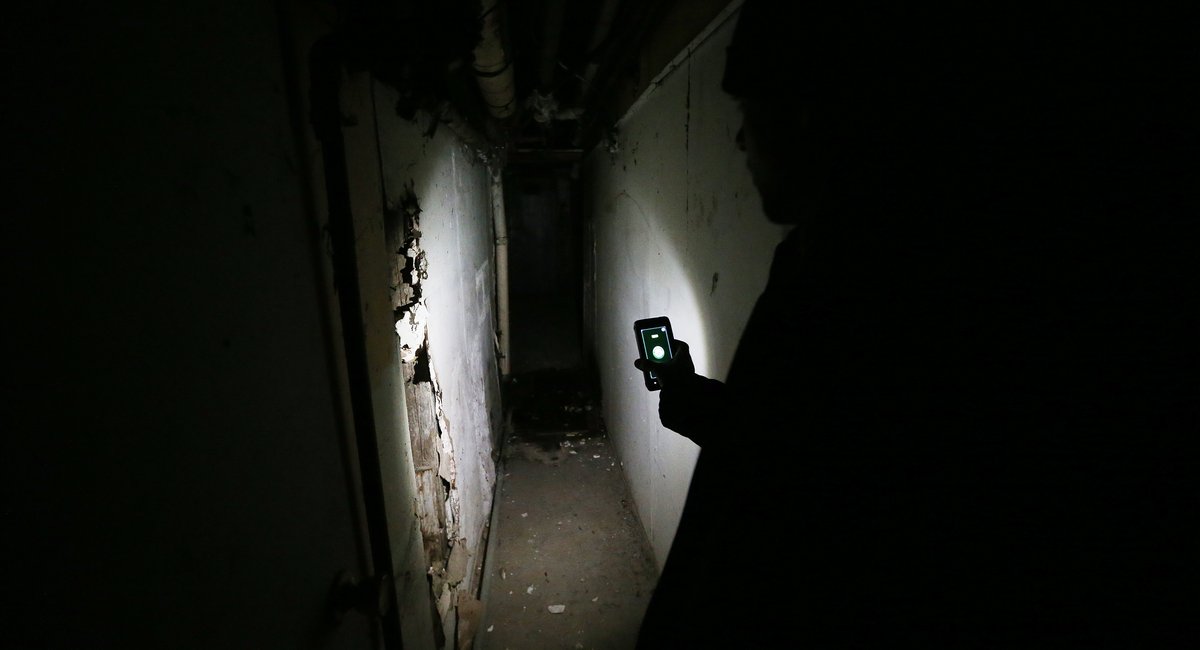Legal basement apartments are finally coming to New York City. Last week, the Department of Buildings launched an online application for homeowners who want to modify their basements — and also their backyards, attics and other similar types of spaces — into so-called ancillary dwelling units, or ADUs, that home hunters can rent. It’s part of an ongoing effort to relieve the city’s housing crisis.
Where might we see these new subterranean and otherwise unconventional apartments start to appear? So far, the interest among building owners is not spread evenly throughout the city. And places with the highest interest may run into conflict with local lawmakers who have safety concerns, recalling four years ago, when Hurricane Ida caused flooding that killed 11 people in illegal basement apartments.
The majority of applications have come from Queens and Staten Island, according to the city’s Department of Buildings, though the agency refused to release exact figures. Both boroughs contain large numbers of the kinds of one- and two-family homes that qualify for the ancillary dwelling program.
That turnout largely aligns with a survey the city conducted last year, showing that Queens and Brooklyn had the highest number of homeowners interested in modifying their basements into legal units, with Staten Island coming in third.
Notably, the buildings department has yet to receive a single application from Manhattan.
Andrew Rudansky, a spokesperson for the agency, said it’s hard to speculate which neighborhoods will ultimately submit the most applications. But it’s likely that most applications will come from lower-density neighborhoods with more one- and two-family homes.
In total, just under 2,600 people across the city expressed interest in legalizing their basement units, according to the 2024 survey. The 11434 ZIP code, which contains the neighborhoods of Rochdale, Locust Manor and parts of South Jamaica, had the highest number of respondents, with 89 homeowners interested in applying for legal basement apartments or similar dwellings.
“By allowing New Yorkers to build an ADU on their property, we are helping New Yorkers live near a family member, make a bit of additional income or stay in the city we all love — all while building the desperately needed housing that we need,” said Matthew Rauschenbach, a spokesperson for the city’s Department of Housing Preservation and Development.
But some elected officials who represent these regions oppose the legalization effort. Despite the high interest among his constituency in Southeast Queens, state Sen. Leroy Comrie said basement apartments are dangerous due to the heightened risk from flooding and fires.
“There’s plenty of other places to put housing that are safe,” he said. “We can’t put people in unsafe basements.”
The legalization rollout comes with new safety rules that were created in July, including a requirement of at least two exits and a sprinkler system. The city will also prohibit basement units in flood-prone areas.
But Comrie also argues that the units would contribute to crowding in neighborhoods where residents enjoy less density.
“People purchase their homes, and they expect a certain quality of life,” he said. “Not to be overrun with additional tenants on their block where people can’t park their cars at night.”
Housing advocates argue that legalizing basements and other previously prohibited types of apartments will help relieve the city’s dire housing shortage.
Howard Slatkin, the executive director of the Citizens Housing and Planning Council, said it will be a particular benefit for single or elderly residents who want to live in quiet neighborhoods in the same buildings as their families.
”It opens up a new opportunity that otherwise isn’t there in a lot of our neighborhoods,” Slatkin said.
The new application process does not apply to homeowners who already have tenants in illegal basement apartments. Housing experts in the city say it’s hard to estimate how many New Yorkers currently live in unauthorized subterranean apartments, but the number could be as high as hundreds of thousands, according to the Pratt Center for Community Development..
The city launched an effort to bring basement units out into the open in the aftermath of Hurricane Ida in 2021. Interest from building owners in adding new ancillary apartments largely aligns with parts of the city that received the most violations for illegal basement units in the decade leading up to Ida and in the year immediately following the deadly storm, according to a Gothamist analysis.
Rudansky, the building department spokesperson, said he expects the city to launch a legalization program for existing illegal apartments in the coming months.
